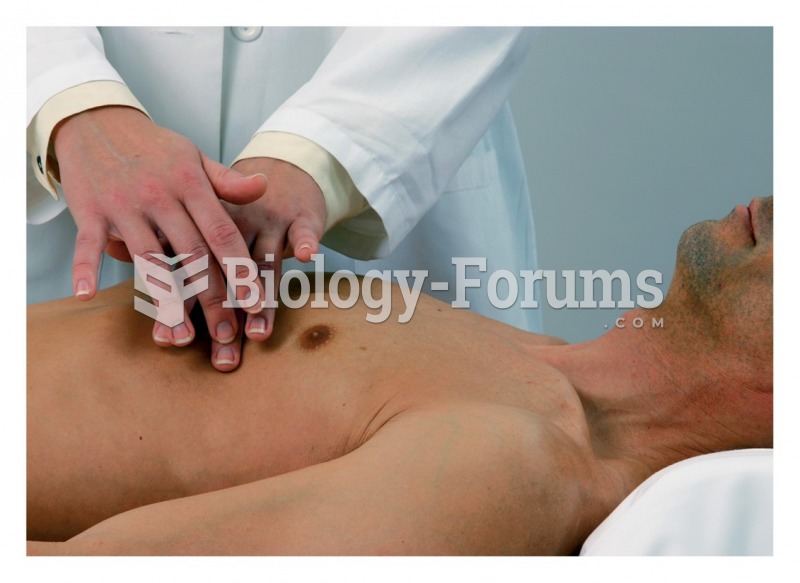|
|
|
Did you know?
The tallest man ever known was Robert Wadlow, an American, who reached the height of 8 feet 11 inches. He died at age 26 years from an infection caused by the immense weight of his body (491 pounds) and the stress on his leg bones and muscles.
Did you know?
In 1844, Charles Goodyear obtained the first patent for a rubber condom.
Did you know?
Illicit drug use costs the United States approximately $181 billion every year.
Did you know?
The average office desk has 400 times more bacteria on it than a toilet.
Did you know?
Certain topical medications such as clotrimazole and betamethasone are not approved for use in children younger than 12 years of age. They must be used very cautiously, as directed by a doctor, to treat any child. Children have a much greater response to topical steroid medications.







